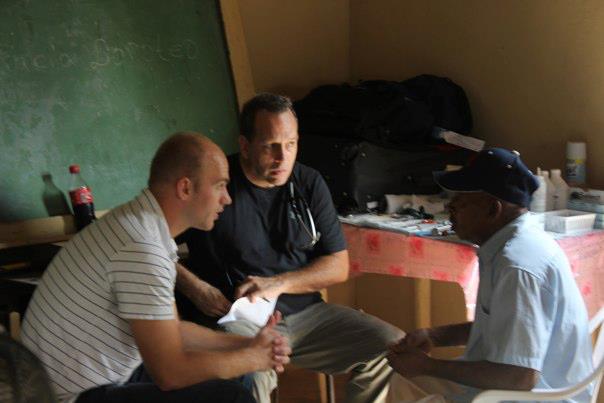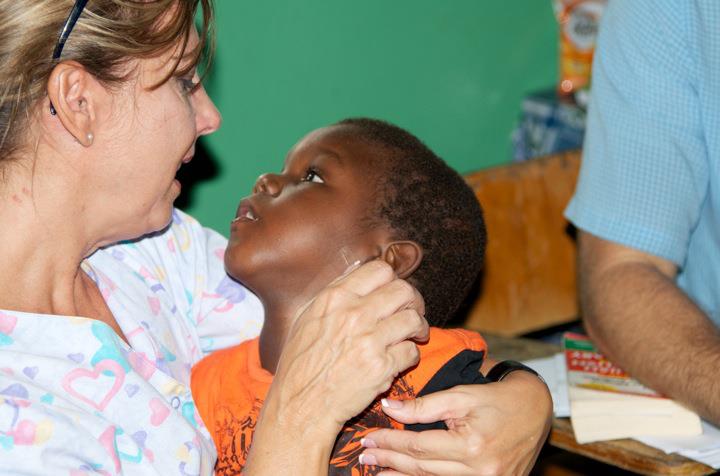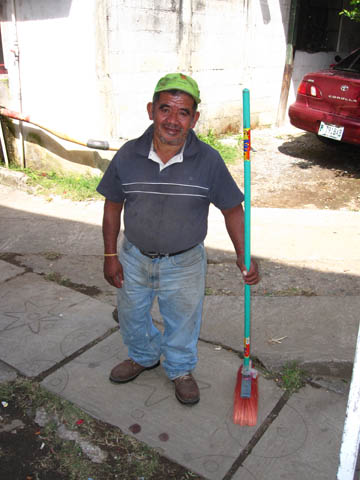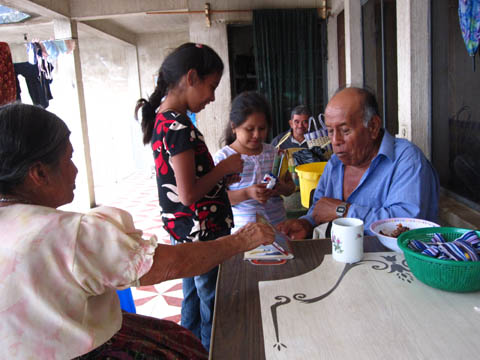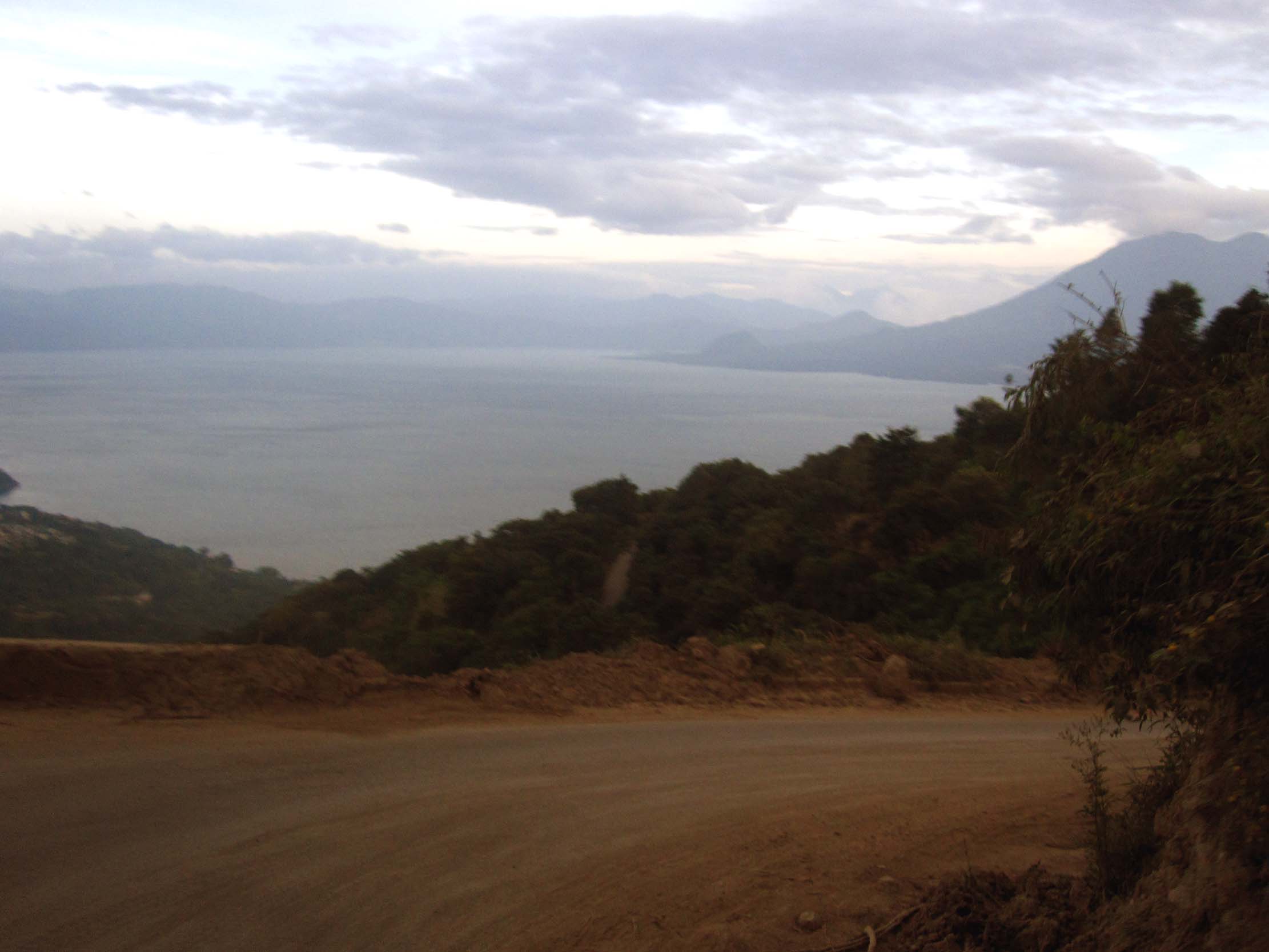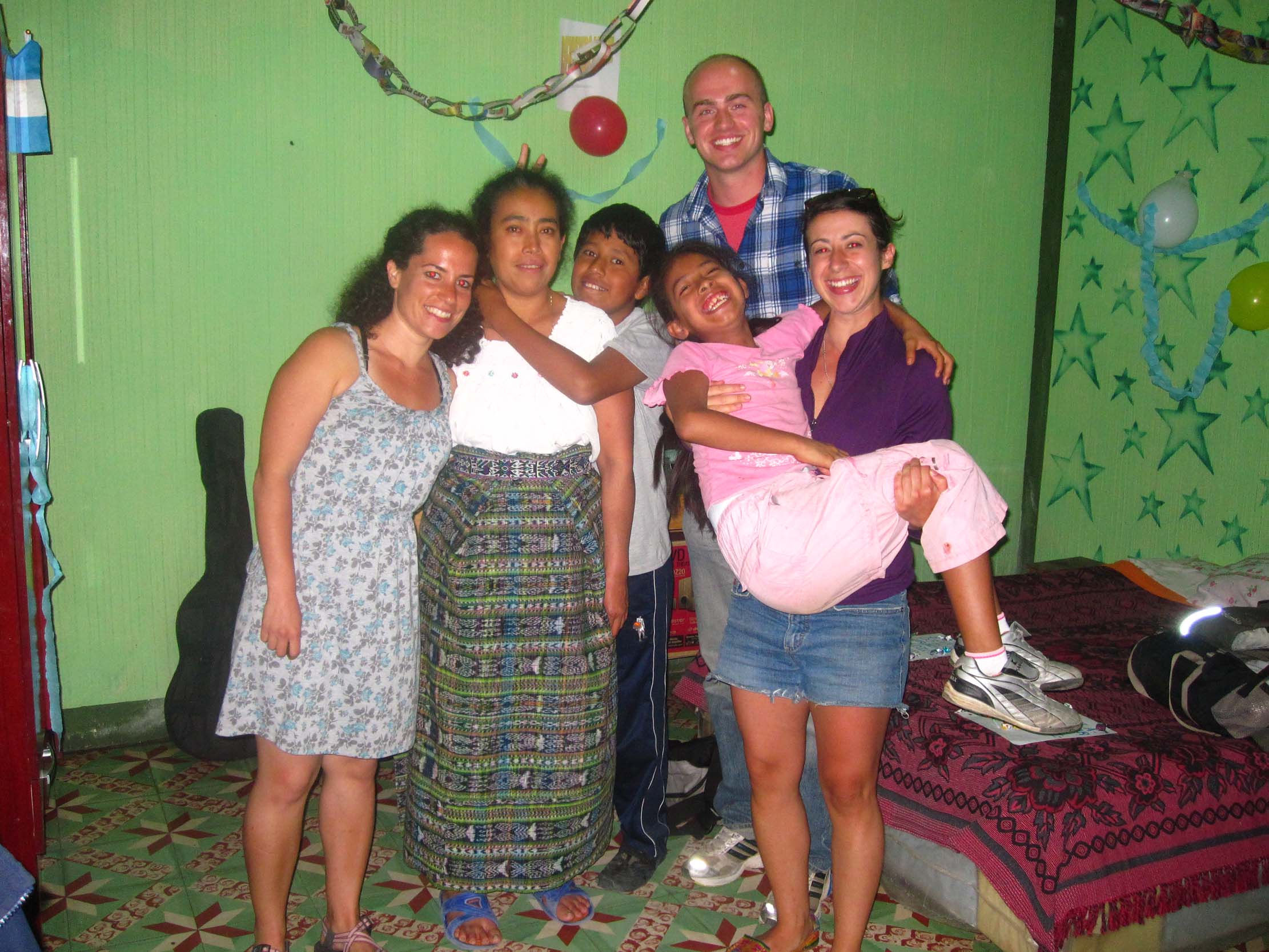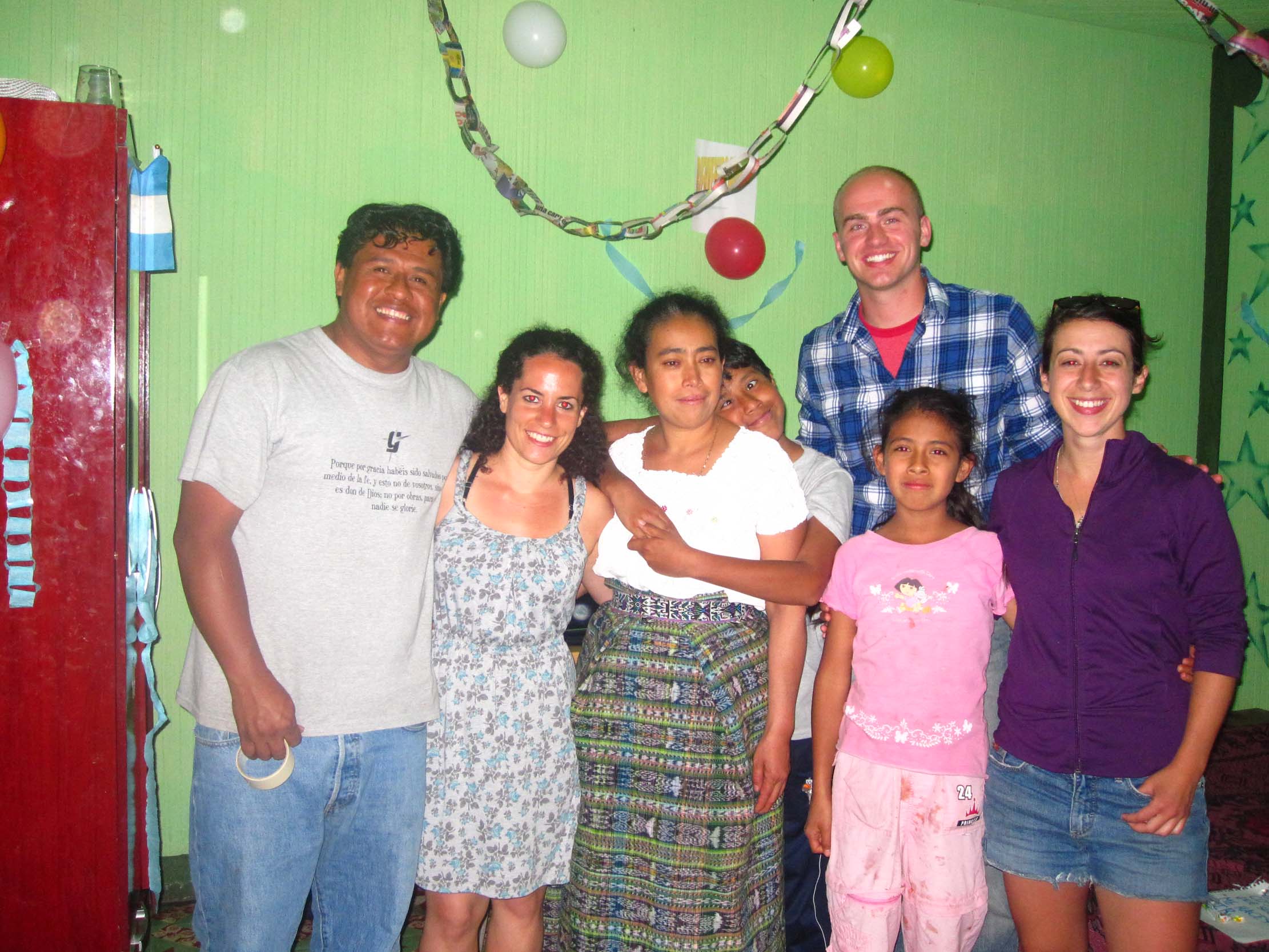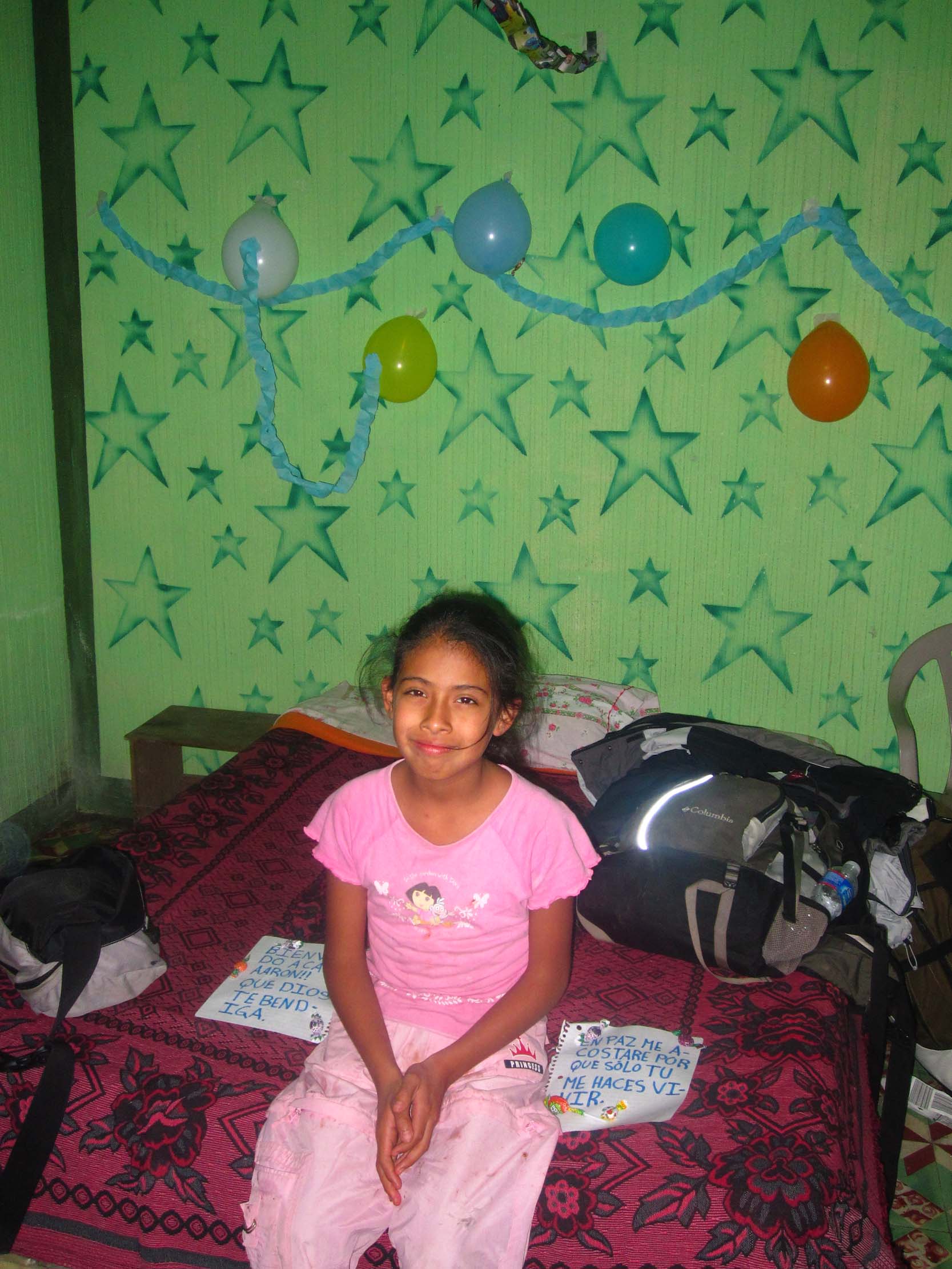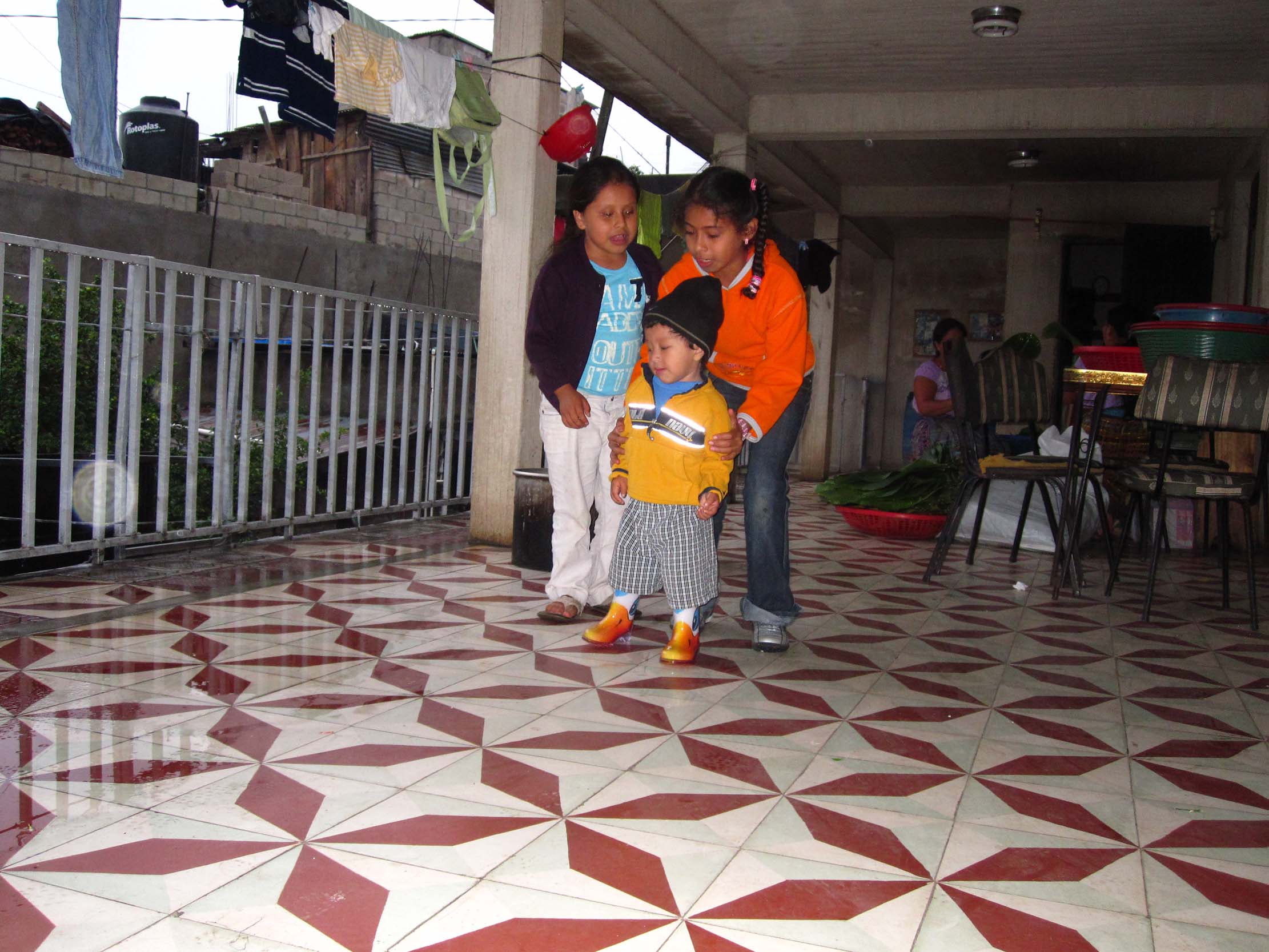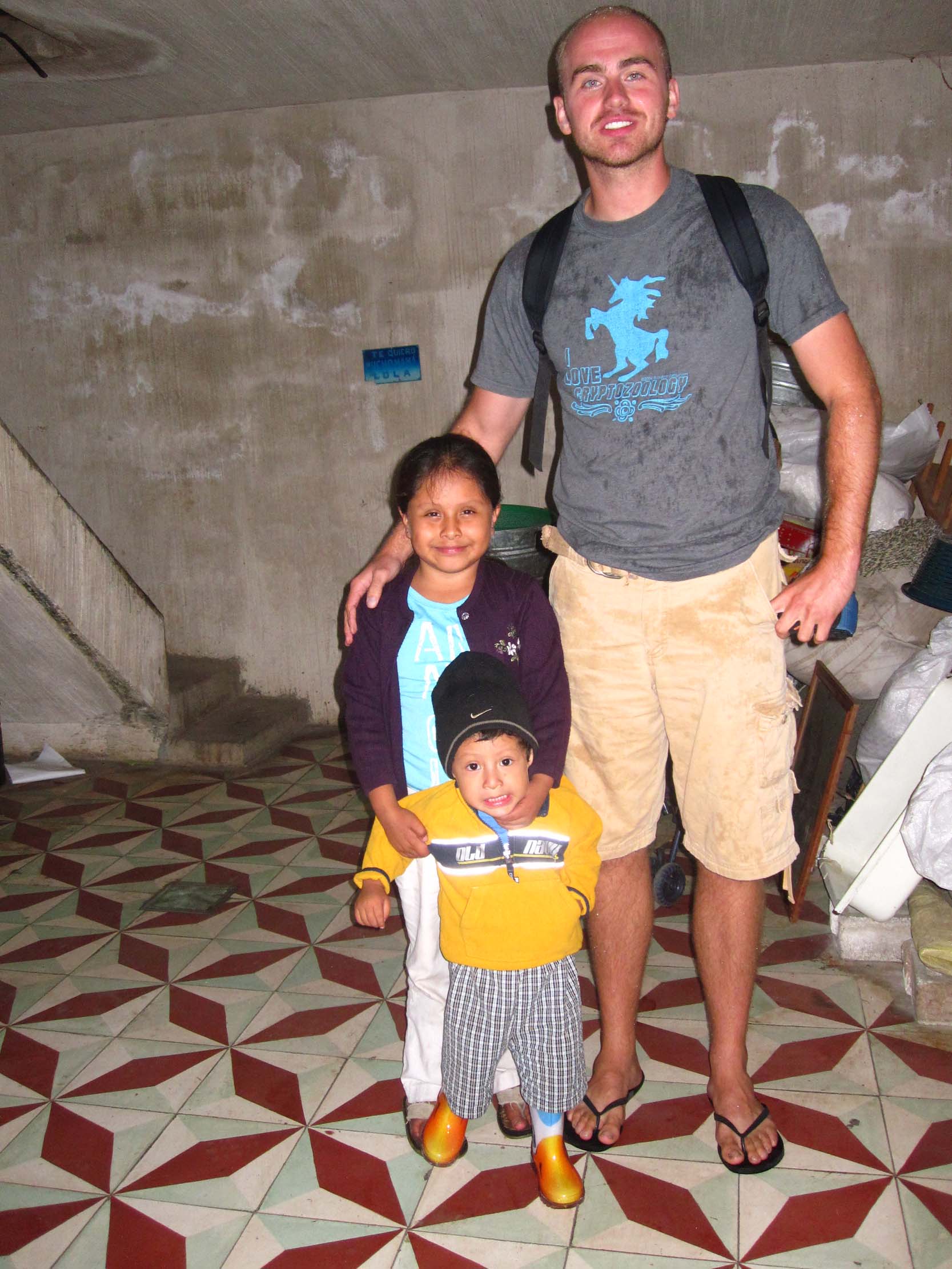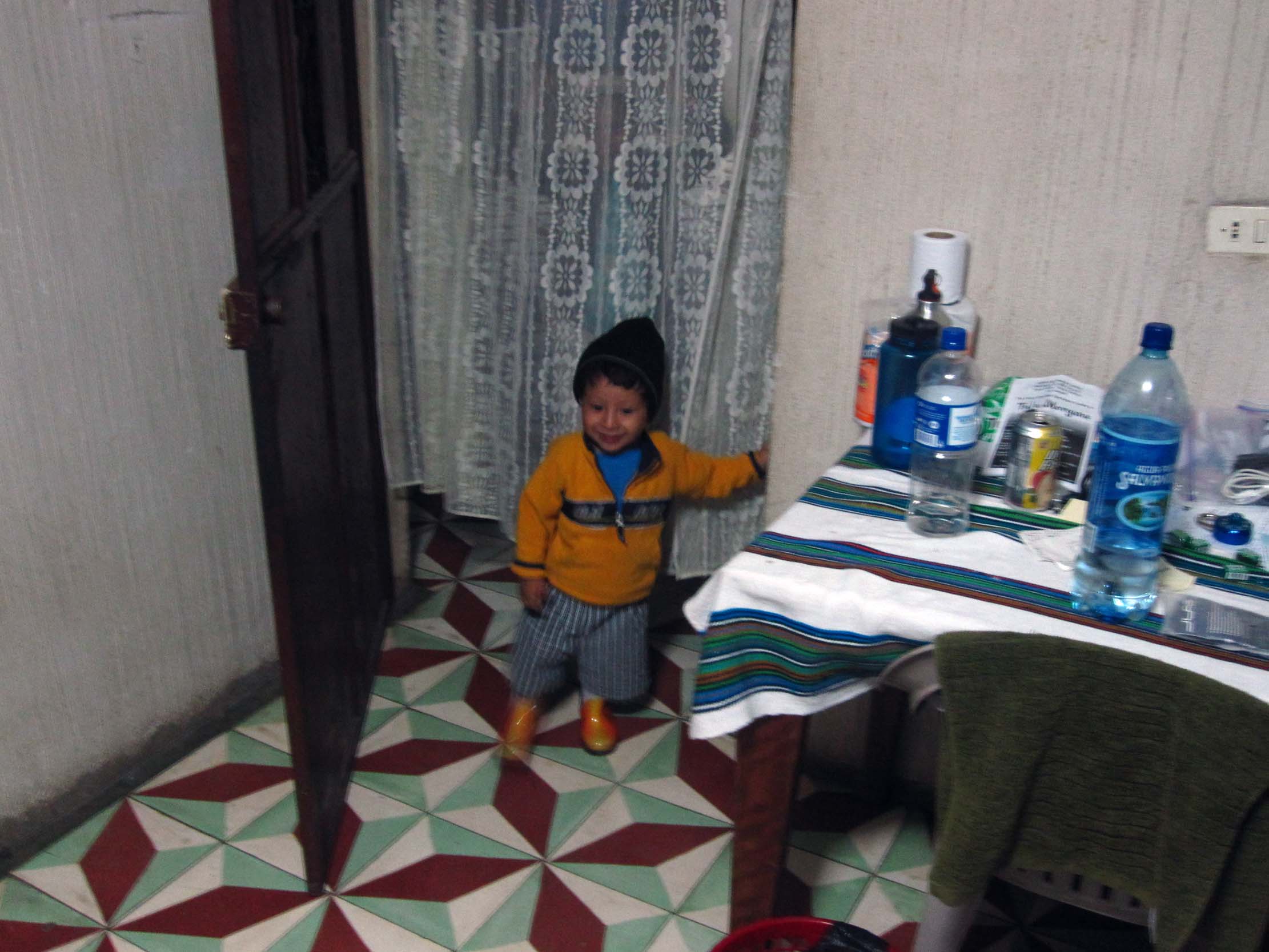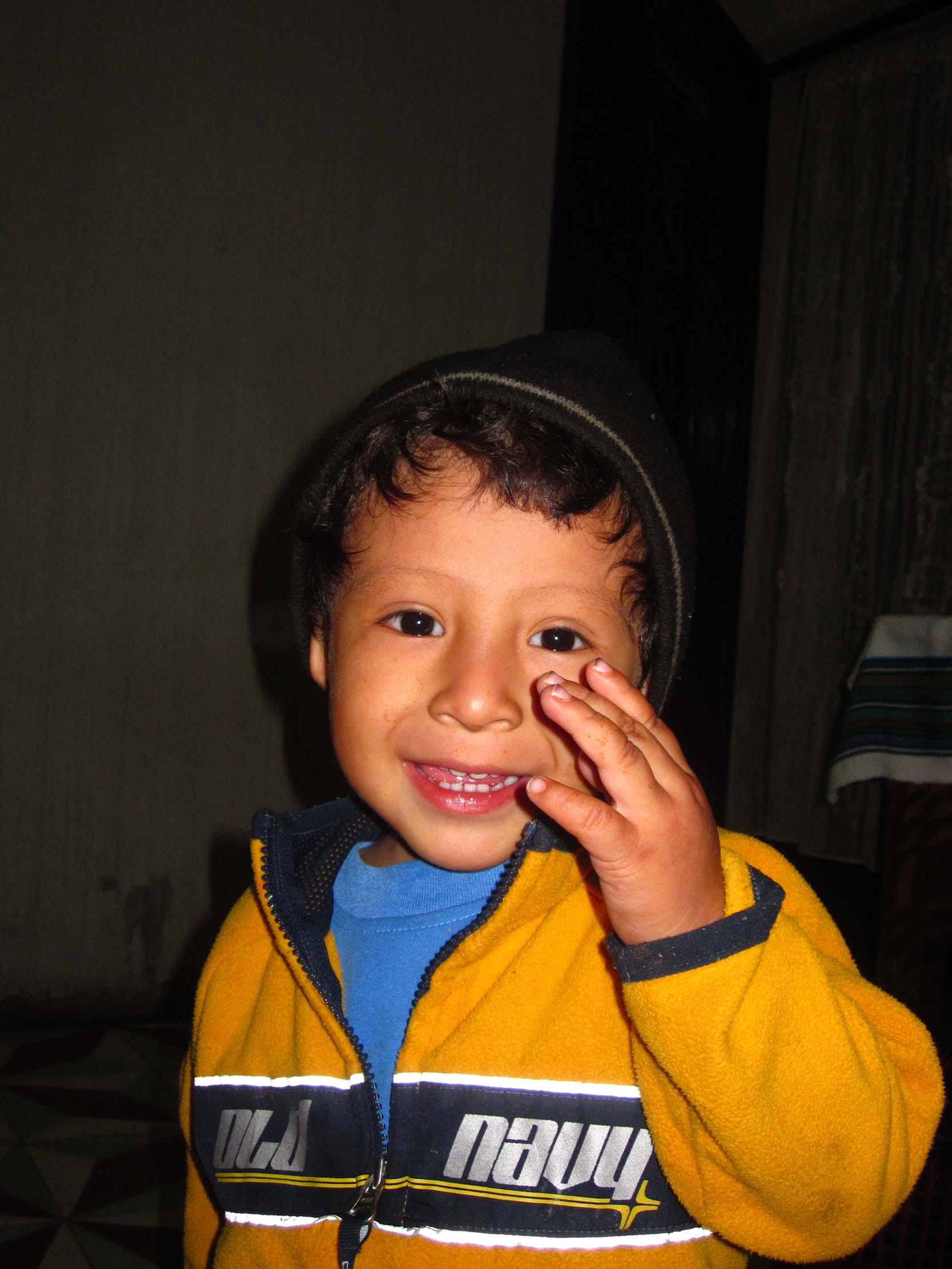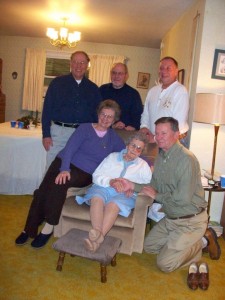 I hate goodbyes. I really do. Maybe I’ve gotten better at them because in over a year of traveling I’ve had to make a lot of them. But it still hurts, each time. Maybe not at the moment, but certainly after I board the bus or plane comes the silence between the seat-belt and the start of the engine, I feel the emptiness of loss.
I hate goodbyes. I really do. Maybe I’ve gotten better at them because in over a year of traveling I’ve had to make a lot of them. But it still hurts, each time. Maybe not at the moment, but certainly after I board the bus or plane comes the silence between the seat-belt and the start of the engine, I feel the emptiness of loss.
“That’s just life” they say. The hellos and the goodbyes. To have fully, and then to have nothing. Fullness and emptiness, the waves of course. I believe we instinctively try to avoid the things that bring us pain. We assemble our toolkits to protect ourselves from the pangs of goodbyes. I know, in my life, I’ve assembled and used three such tools, with the final, being a more recent discovery.
Hold Nothing and Keep an Open Hand
The first was called, “hold nothing” or “keep an open hand.” It was a strategy aimed at never letting anything in so it hurt less when I encountered pain or eventually had to say goodbye. I lived like that for awhile. It didn’t work. I spent the first part of my 10 months in England living with all of the experiences at an arm’s length. I thought that if I could just keep everything at a distance, then it’d be easier to take in and let go. But the problem is, you never really take it in, do you? It hurts, being disconnected. You never really let relationships become a part of you, you never really let the music move you, and you never really let the exotic flavors of culture seep into your soul.
That’s not really living at all.
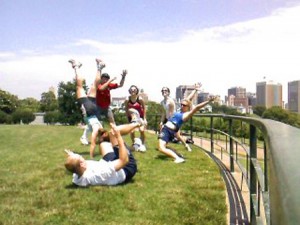 Hold Tightly and Maintain a Closed Grip
Hold Tightly and Maintain a Closed Grip
After that first life experiment, I went back to the drawing board. Determined to grab life by the horns, and to seize the day, the second tool was called, “hold tightly” or “maintain a closed grip.” I started accumulating a lot of great things in my life in Richmond, VA. Great job, great friends, great church in a great city. It’s great when it’s great, but when it changes, it’s terribly hard.
When things start slipping through your hands, you try to hold on tighter. You try to hold onto what inevitably will be taken from you without your permission. The truth is, it does not matter how hard you hold onto things, they will change. I could sense that as friends started to move, or got married, and even as I was contemplating my own move overseas, it was incredibly hard to emotionally stay connected to something that was leaving or already left.
 Sometimes life takes most everything whether you don’t hold on at all or try to hold onto everything. In other words, it doesn’t matter how you hold it, it stays or it leaves. Such uncertainly can drive you mad or it can bring you to a place of greater understanding. Now don’t get me wrong, I haven’t reached a state of enlightenment and self-reliance, on the contrary, I think I’m beginning to see the importance of confusion and dependence. In other words:
Sometimes life takes most everything whether you don’t hold on at all or try to hold onto everything. In other words, it doesn’t matter how you hold it, it stays or it leaves. Such uncertainly can drive you mad or it can bring you to a place of greater understanding. Now don’t get me wrong, I haven’t reached a state of enlightenment and self-reliance, on the contrary, I think I’m beginning to see the importance of confusion and dependence. In other words:
“A surrender to the reality and a full admission to the enjoyment and sadness that comes and stays awhile and goes.”
After all, I’m not a god with power to speak things into or out of being. I’m just human.
For this, I’ve learned to rely on the Lord more and more. Through my dependence I feel an assurance that when the goodness comes and goes, there will be more goodness to come. From the same side, when the sadness comes, it will go, and there will be renewal and restoration from the provider of everything that I’ve ever had. God is in charge of the supply, and by shared and personal history, He has been good.
Grip Tightly with an Open Hand
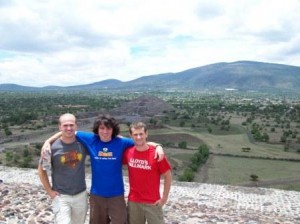 So now, I call this most recent tool, “grip tightly with an open hand.” I’m trying to invest as much as I can and enjoy it for what it is. And when it’s gone, I will mourn and I will be sad, but certainly, the Lord will provide. It’s an example of living the famous quote by the American author, Nathaniel Hawthorne,
So now, I call this most recent tool, “grip tightly with an open hand.” I’m trying to invest as much as I can and enjoy it for what it is. And when it’s gone, I will mourn and I will be sad, but certainly, the Lord will provide. It’s an example of living the famous quote by the American author, Nathaniel Hawthorne,
“Happiness is like a butterfly which, when pursued, is always beyond our grasp, but, if you will sit down quietly, may alight upon you.”
We must open our hands and enjoy these experiences, but not try to crush them with remorse if they seek to fly away.

